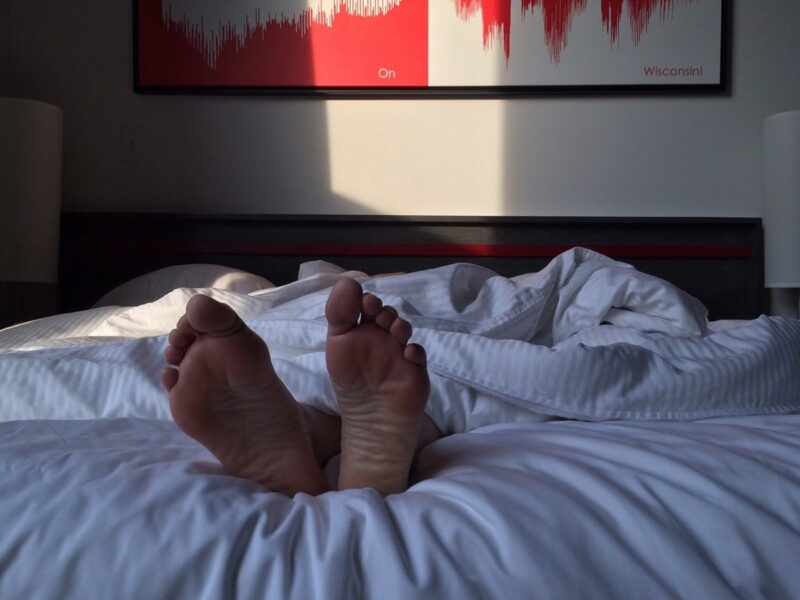New research from UBC finds out that after a night of shorter sleep, people respond more emotionally to stressful events the next day–and they do not find as much pleasure at the good things.
“When people experience something positive, such as getting a hug or spending time in nature, they typically feel happier that day,” says Nancy Sin, assistant professor in UBC’s department of psychology. “But we found that when a person sleeps less than their usual amount, they don’t have as much of a boost in positive emotions from their positive events.”
People also reported a number of stressful events in their daily lives, such as disagreements, societal anxieties, work and family anxiety, and being discriminated against. When individuals slept less than normal, they reacted to these stressful events using a greater reduction of positive emotions. This has significant health consequences: previous study by Sin and many others shows that being unable to keep positive emotions in the face of stress puts people at risk of inflammation and even an earlier death.
Utilizing daily journal data from a nationwide U.S. sample of nearly 2,000 individuals, Sin analyzed sleep duration and how people responded to positive and negative situations the next day. The participants reported about their experiences and the total amount of sleep that they had the preceding night in daily phone interviews over eight days.
“The recommended guideline for a good night’s sleep is at least seven hours, yet one in three adults don’t meet this standard,” says Sin. “A large body of research has shown that inadequate sleep increases the risk for mental disorders, chronic health conditions, and premature death. My study adds to this evidence by showing that even minor night-to-night fluctuations in sleep duration can have consequences in how people respond to events in their daily lives.”
Chronic health conditions–like heart disease, diabetes, and cancer are widespread among adults, especially as we grow older. Past research indicates that individuals with health conditions are more reactive when confronted with stressful situations, possibly as a result of wear-and-tear of the physiological strain systems.
“We were also interested in whether adults with chronic health conditions might gain an even larger benefit from sleep than healthy adults,” says Sin. “For those with chronic health conditions, we found that longer sleep–compared to one’s usual sleep duration–led to better responses to positive experiences on the following day.”
Sin hopes that by making sleep a priority, individuals can get a better quality of life and guard their long-term well-being.
Related Journal Article: https://psycnet.apa.org/doiLanding?doi=10.1037%2Fhea0001033

